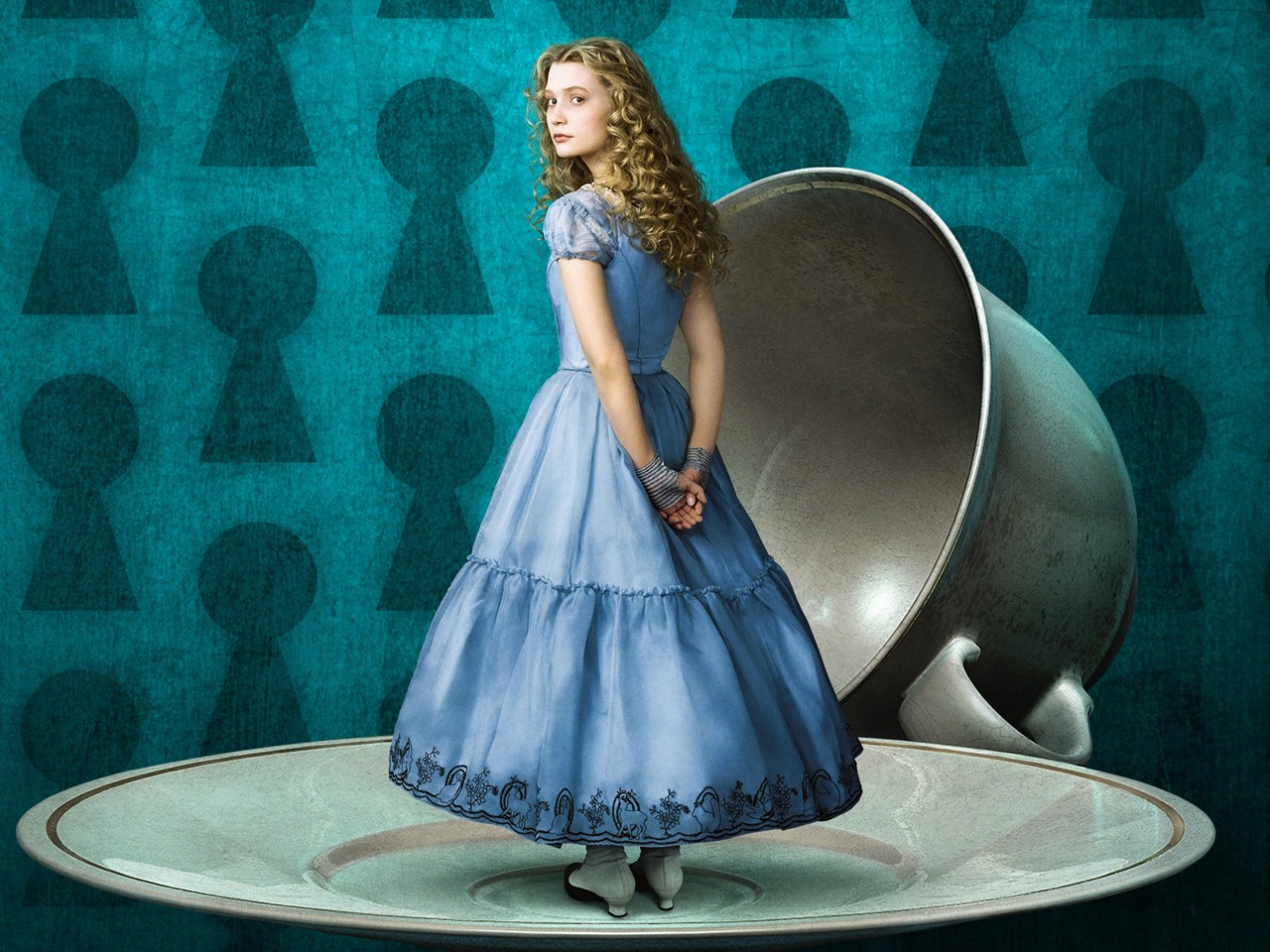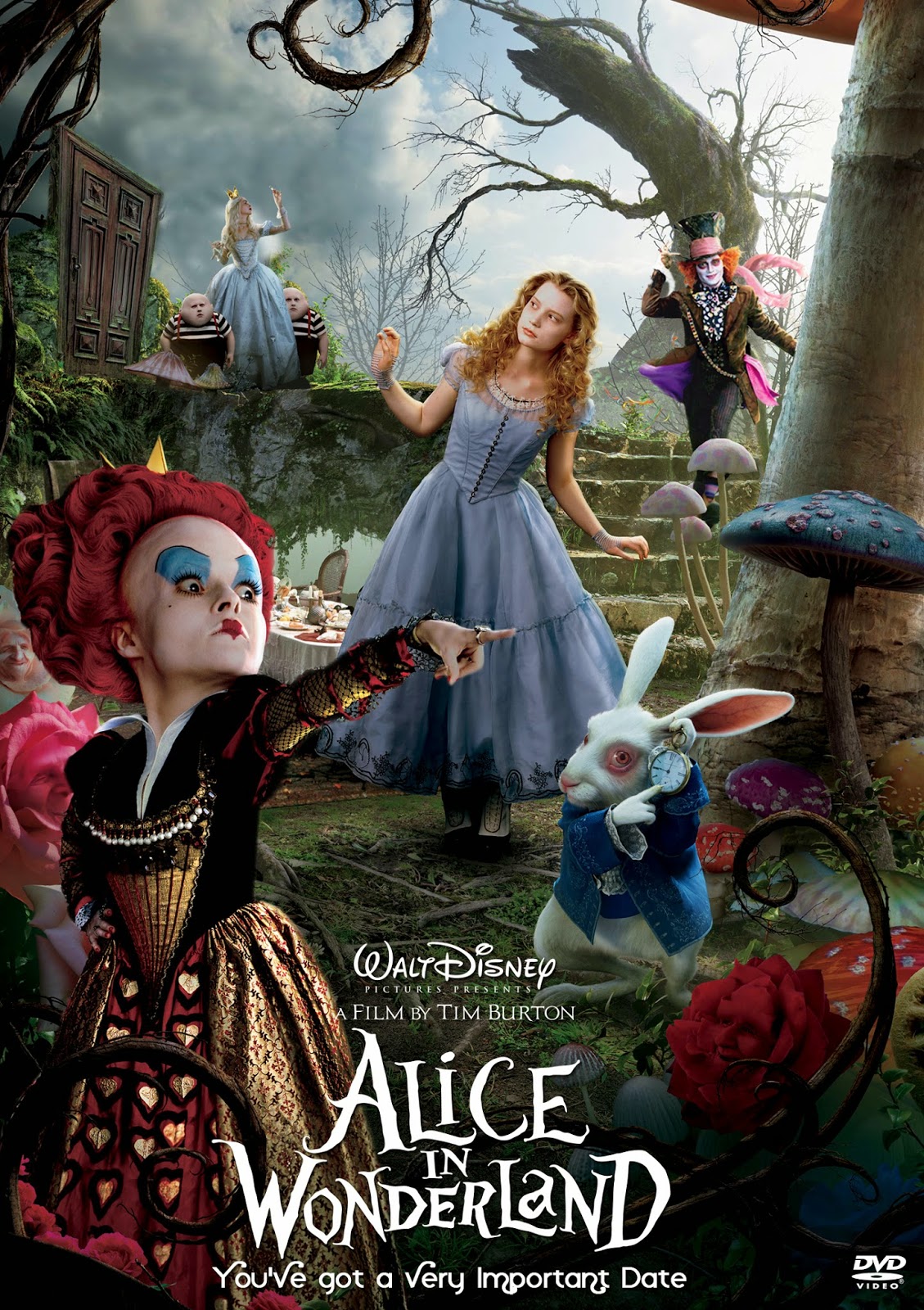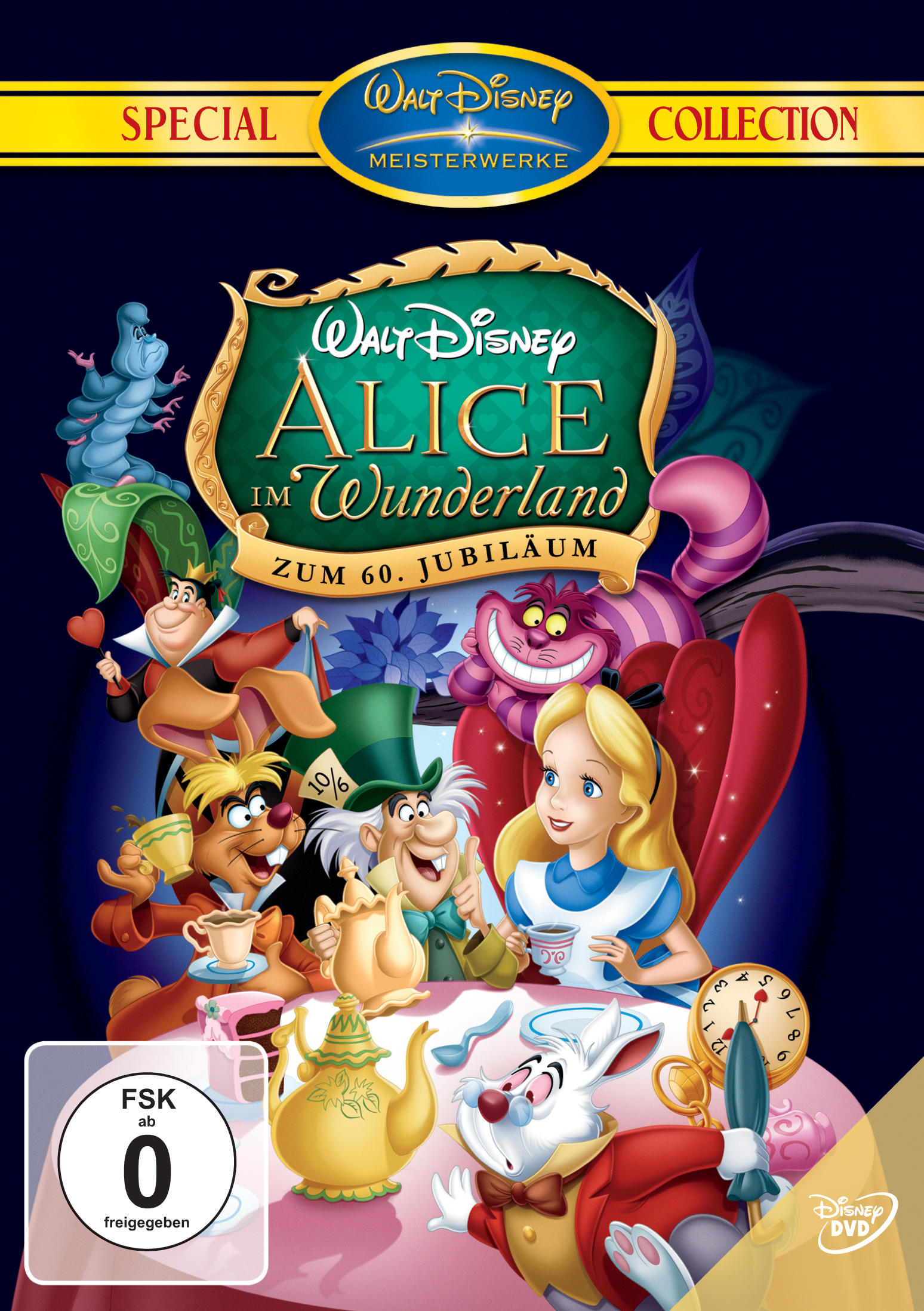Exploring Online Searches: The Case Of "Alice Rosenblum Naked Pic" And Digital Responsibility
Detail Author:
- Name : Casimir Hyatt
- Username : marcelino.kuhn
- Email : abshire.delaney@mcdermott.com
- Birthdate : 2004-03-30
- Address : 9079 Stokes Dale Port Leilani, WI 23211
- Phone : 680.492.3312
- Company : Auer, Metz and Lesch
- Job : Motorcycle Mechanic
- Bio : Ullam est et a placeat et deleniti enim. Vero est voluptas harum numquam nulla illum repellendus. Voluptatem quam animi non ipsa laborum.
Socials
linkedin:
- url : https://linkedin.com/in/karina_real
- username : karina_real
- bio : Quia necessitatibus doloribus maiores et.
- followers : 4220
- following : 686
tiktok:
- url : https://tiktok.com/@karina.marquardt
- username : karina.marquardt
- bio : Quia maiores fugiat est quis consequatur accusantium.
- followers : 1724
- following : 259
facebook:
- url : https://facebook.com/karina.marquardt
- username : karina.marquardt
- bio : Repellendus ratione facilis voluptatem recusandae sit sunt.
- followers : 2952
- following : 1874
It's quite something, isn't it, how a simple search term can spark so many questions and, frankly, a bit of a buzz across the internet? We're talking about phrases like "alice rosenblum naked pic," which, in a way, really gets people wondering. What does it even mean? Who is this person, if they're a person at all? And what are the implications of looking for such things online? Today, we're going to take a closer look at these kinds of searches, not to provide any specific images, of course, but rather to chat about the bigger picture: what it means to be online, to search for information, and to do so responsibly.
You see, the internet, it's almost like a vast, sprawling library, isn't it? Full of all sorts of information, some of it truly amazing, some of it, well, a little less so. When a name like "Alice Rosenblum" pops up in a search query, especially with something as personal as "naked pic" attached, it brings up a whole bunch of considerations. It makes you think about privacy, about what's real and what's not, and about the sheer volume of content that's out there, waiting to be found, or perhaps, misunderstood. We're here to talk about navigating that space with a bit more awareness, you know?
So, we're not just focusing on one specific search, but rather using it as a starting point for a broader conversation. We'll explore why these types of searches happen, what dangers might be lurking, and how we can all be a little more thoughtful about our digital lives. It's about understanding the impact of what we look for, and what we share, too. After all, our online actions, they really do have consequences, don't they?
Table of Contents
- The Curiosity Behind the Search
- Understanding the Digital Landscape
- Alice in Different Contexts: From Keyboards to Games
- The Importance of Online Privacy and Respect
- Navigating Misinformation and Rumors
- Protecting Your Digital Footprint
- Frequently Asked Questions About Online Content
- Conclusion: Responsible Online Behavior
The Curiosity Behind the Search
It's pretty natural, in a way, for people to be curious. We often find ourselves typing all sorts of things into search engines, just to see what comes up, right? A search for "alice rosenblum naked pic" is, you know, a very specific kind of query, and it points to a certain kind of interest. This interest could stem from many places: perhaps a rumor heard, a name seen somewhere, or even just a random thought that popped into someone's head. What's important to remember is that behind every search term, there's a person, and that person, well, they have their reasons for looking.
However, this kind of curiosity, it can sometimes lead us down paths that are, shall we say, a little less helpful or even a bit risky. When we search for personal or sensitive content, we're stepping into an area where privacy and ethical considerations become very, very important. It's not just about finding what you're looking for; it's also about what you might encounter along the way, and what the act of searching itself implies. So, we really need to think about the bigger picture here, don't we?
Many times, searches like this are driven by a desire for something sensational, or perhaps a mistaken belief about what's available or even appropriate to find. It's a common human trait, that desire for something a bit out of the ordinary. But, as we'll see, the online world has its own set of rules, and some things are just not meant to be shared or sought after, especially when they involve someone's personal life. That's just how it is, in a way.
Understanding the Digital Landscape
The internet, it's a truly amazing place, full of information and connections, but it's also a space where things can get a little murky. When you type in a search like "alice rosenblum naked pic," you're entering a landscape that's, you know, pretty complex. It's not just about finding direct answers; it's about navigating a mix of real data, misinformation, and sometimes, even harmful content. This is why it's so important to have a good grasp of how the digital world works, basically.
Think about it: every click, every search, it leaves a little trail. And the content you find, or don't find, is shaped by countless factors, including algorithms, what others have searched for, and what's been uploaded, honestly. There's a lot of material out there that's not what it seems, or that might be used for purposes you wouldn't expect. So, being a bit discerning, that's really key. You're not just a passive observer when you search; you're an active participant, in some respects.
Moreover, the digital landscape is constantly changing, isn't it? What's online today might be gone tomorrow, or new content might appear. This fluidity means that staying informed about online safety and privacy practices is, you know, pretty vital. It's not just about protecting yourself, but also about being a responsible digital citizen. We all play a part in shaping this online world, after all.
Alice in Different Contexts: From Keyboards to Games
It's interesting how a name like "Alice" can pop up in so many different places, isn't it? When we hear "Alice," our minds might jump to a classic story, or maybe even something more technical. For instance, in the world of keyboards, there's a whole thing called the "Alice layout." This is a unique mechanical keyboard design, actually, that aims to make typing more comfortable by reducing wrist strain. It's a rather clever idea, and it's something that keyboard enthusiasts really appreciate. The original Alice layout, you know, was a bit smaller, around 65% size, but newer versions, like the Keychron V10, have expanded to 75%, making them more user-friendly for daily use and gaming. So, "Alice" here refers to a specific ergonomic design, which is pretty cool.
Then, there's "Alice" in the context of gaming, which is a very different vibe. My text mentions "AliceSoft," which is, you know, a pretty famous erogame developer. They're often spoken of alongside "elf" as one of the big names in that particular genre of games. These games, sometimes referred to as "涩涩game" or "sexual games," are known for their specific content. One game mentioned, MOA, is apparently quite rare for its good gameplay within this category, though it might be a bit tough for players who aren't super skilled at action games. It's fair to say that most people, when they first get into these games, aren't necessarily thinking about the gameplay first, are they? AliceSoft has been around for a while, with some of their games getting re-releases, like "邪夜将至" in 2024, eventually coming to Steam in 2025. So, here, "Alice" is connected to a specific type of entertainment and a company that makes it.
And then, there's "Alice" as a general name. It's a very classic European name, actually, and while it's not as commonly used in the West these days, it carries a certain traditional feel. So, if you see someone with an Asian face using the name "Alice," it might seem a little unexpected to some, almost counter-intuitive, you know? But people who comment on it usually don't mean any harm; it's just a bit of an observation. "Alice" can also show up in science, too. For example, in chemistry, the first two letters of Alice, 'Al', are the symbol for Aluminum, element number 13 on the periodic table. And in computer science or cryptography, "Alice and Bob" are standard placeholders for two parties in a communication scenario, like when they're trying to figure out if their secret numbers are the same without revealing them. This concept of Alice and Bob dates back to 1978, which is pretty neat.
So, when someone searches for "Alice Rosenblum," the name "Alice" itself carries all these different connotations. It's possible that the "Alice" they're thinking of isn't a real person named Rosenblum at all, but perhaps a character from one of these games, or a general idea that got mixed up. This just goes to show how easily information can get, you know, a little muddled online, and how important it is to consider the various meanings a name can have. It's something to keep in mind, really, when you're looking for anything specific on the internet.
The Importance of Online Privacy and Respect
This is a big one, arguably one of the most important things to talk about when we're online: privacy. Every single person has a right to their own private life, and that includes what images or information about them are shared, or not shared, on the internet. When a search term like "alice rosenblum naked pic" comes up, it immediately brings this right to privacy into sharp focus. Looking for or sharing such content without someone's explicit permission is, you know, a pretty serious breach of that right, and it can cause real harm. It's a matter of basic respect, really.
Think about how you'd feel if your own personal images or information were being sought out or spread without your consent. It's a rather unsettling thought, isn't it? The internet makes it very easy for things to go viral, to spread far and wide in a flash, and once something is out there, it's almost impossible to get it back completely. This permanence means we need to be extra careful and thoughtful about what we contribute to the online world, and what we seek out. It's about being a good digital neighbor, if you will.
Moreover, there are often legal implications, too. Sharing or distributing private, explicit images without consent, for example, is illegal in many places. It's not just a moral issue; it's a legal one. So, while curiosity is natural, it's crucial to remember that it shouldn't come at the expense of someone else's dignity or legal rights. We really need to prioritize respect and privacy above all else, in some respects, when we're online.
Navigating Misinformation and Rumors
The internet, it's a place where information, and misinformation, can spread like wildfire, isn't it? Rumors, especially, seem to gain traction very, very quickly. When you search for something like "alice rosenblum naked pic," you're quite possibly stepping into a minefield of unverified claims and outright falsehoods. It's a common tactic for malicious actors to create fake content or spread rumors to trick people, or even to cause harm. So, a healthy dose of skepticism is, you know, absolutely necessary.
It's pretty easy to fall for something that looks convincing, especially if it aligns with what you're hoping to find. But remember, just because something is online, or widely shared, doesn't make it true. There are countless examples of fabricated images, doctored videos, and made-up stories that have fooled many people. So, before you believe anything you see or read, especially if it's sensitive or sensational, it's really important to pause and think critically. Ask yourself: where did this come from? Is it from a reliable source? Are there other sources that confirm this? You know, basic fact-checking stuff.
This kind of critical thinking is, arguably, one of the most valuable skills you can have in today's digital age. It helps you distinguish between genuine information and mere speculation or harmful content. By being more discerning, you not only protect yourself from being misled, but you also help prevent the further spread of misinformation. It's a small step, but it makes a big difference in keeping the online space a little more truthful, don't you think?
Protecting Your Digital Footprint
Every time you go online, whether you're searching for something specific, posting on social media, or even just browsing, you're leaving a little trail behind you. This trail is often called your "digital footprint," and it's, you know, pretty much permanent. What you search for, what you click on, what you share—it all contributes to this footprint. And when it comes to sensitive searches, like "alice rosenblum naked pic," the implications for your own digital footprint are really worth considering.
Think about it this way: your search history, while often private to you, can still be accessed by service providers or, in some cases, even exposed through security breaches. What you look for online can, in a way, say something about your interests, and perhaps even lead to targeted advertising or other unwanted attention. So, being mindful of what you search for isn't just about respecting others' privacy; it's also about safeguarding your own. It's a rather important aspect of online safety, wouldn't you say?
To protect your digital footprint, there are a few simple steps you can take. Using privacy-focused search engines, clearing your browsing history regularly, and being very careful about what personal information you share online are all good starting points. Remember, once something is out there, it's incredibly difficult to erase completely. So, the best approach is to be proactive and thoughtful about every action you take in the digital space. It's about being smart with your online choices, basically. Learn more about online safety on our site, and you might also find some helpful tips on managing your personal data.
Frequently Asked Questions About Online Content
People often have a lot of questions about what they find online, especially when it comes to sensitive topics. Here are a few common ones:
Is everything I see online true?
No, not at all. The internet is full of all sorts of information, and a lot of it isn't accurate. Anyone can post almost anything, so it's really important to be a bit skeptical and check multiple reliable sources before you believe something. It's like, you know, hearing a rumor; you wouldn't just believe it without checking, would you?
What should I do if I find content that seems inappropriate or harmful?
If you come across content that looks inappropriate, harmful, or violates someone's privacy, the best thing to do is report it to the platform where you found it. Most social media sites, search engines, and websites have reporting mechanisms. It's important not to share it further, as that just helps it spread. You know, be a part of the solution, not the problem.
How can I protect my own privacy online?
There are several ways to protect your privacy. You can use strong, unique passwords, be careful about what personal information you share on social media, adjust your privacy settings, and think twice before clicking on suspicious links. Regularly reviewing your digital footprint and using privacy tools can also help a lot. It's a bit of an ongoing effort, really, but very worth it.
Conclusion: Responsible Online Behavior
So, when we talk about searches like "alice rosenblum naked pic," it really opens up a broader conversation about how we engage with the internet. It's clear that while curiosity is a natural part of being human, it's also our responsibility to approach online information with care, respect, and a good dose of critical thinking. We've seen how the name "Alice" can have many different meanings, from keyboard layouts to game companies, and how easily misunderstandings can arise. Ultimately, being a responsible digital citizen means prioritizing privacy, questioning what we see, and understanding the lasting impact of our online actions. It's about making choices that contribute to a safer, more respectful online environment for everyone, you know?


